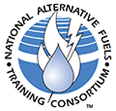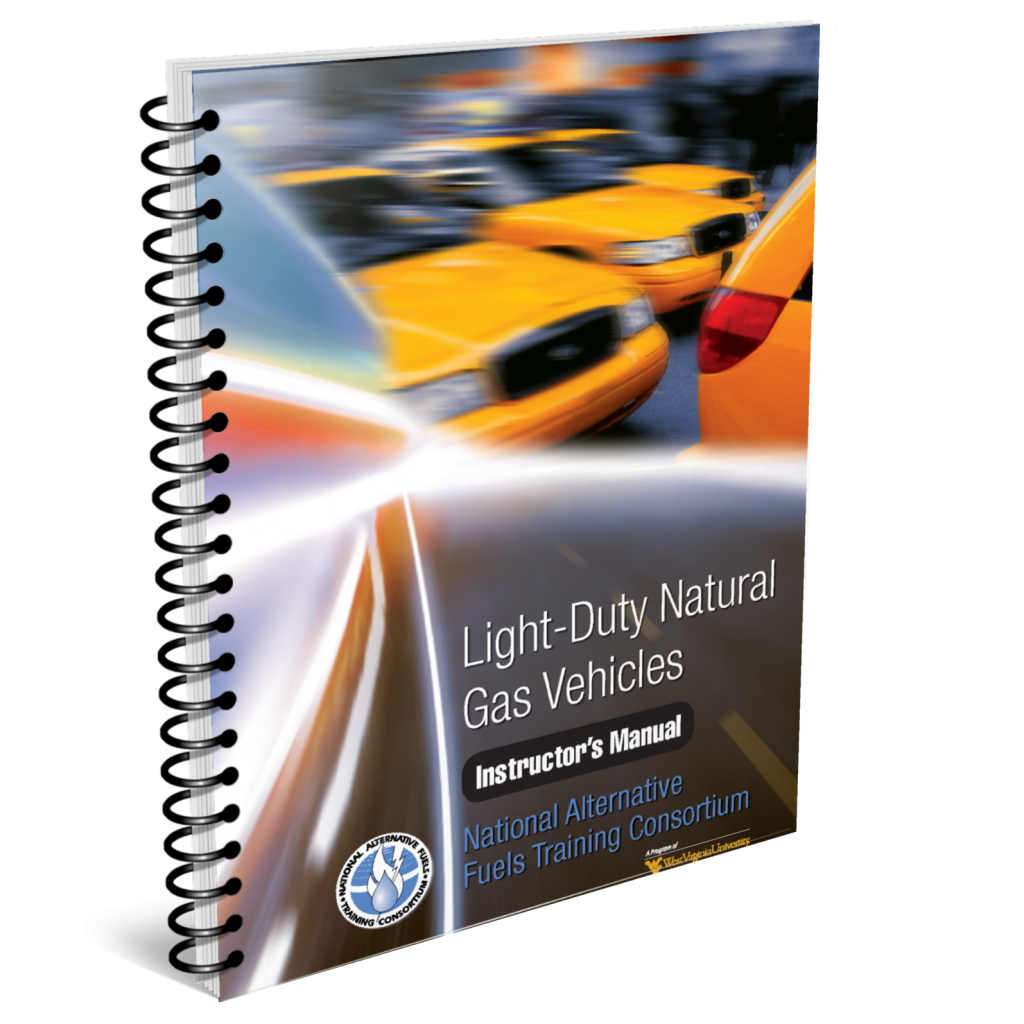Light-Duty Natural Gas Vehicles
Course Description
Available for groups only, this workshop informs participants about light-duty compressed natural gas vehicles. It covers the design and mechanisms of light-duty natural gas vehicles and the chemical and physical properties of methane (natural gas). Participants learn how to handle natural gas, and will be taught the OTTO and diesel cycle.
After completing this course, participants will be able:
- List major policies and regulations of the installation, operation, and inspection of gaseous fuel vehicles.
- Calculate the correct air-fuel ratio to achieve best power, lowest emissions, and greatest fuel economy.
- State the chemical and physical properties of methane (natural gas).
- Use the diagnostic scan tool (DST) for gaseous fuel vehicles.
- Follow appropriate safety procedures in response to common emergencies of gaseous fuel vehicles.
- Understand dedicated and bi-fuel system CNG components.
Modules:
- Introduction to alternative fuels
- Light-duty CNG pressure and storage systems, including LNG as it relates to fueling stations
- CNG conversion systems including intake manifold modification to accommodate CNG injectors
- Injector wiring and conversion software setup testing
- Electronic engine control featuring dedicated and bi-fuels vehicles
- CNG components, safety and testing
Course materials provided:
- Participant manual – ISBN 978-1-933954-13-4
- Each module contains:
- Illustrations
- Explanatory figures and tables
- Review questions
- Key terms
Course designed for:
- Fleet managers
- Automotive technicians
- Code officials / Authorities Having Jurisdiction (AHJs)
- Construction contractors
- Government officials / decision makers
- Clean Cities coalitions



